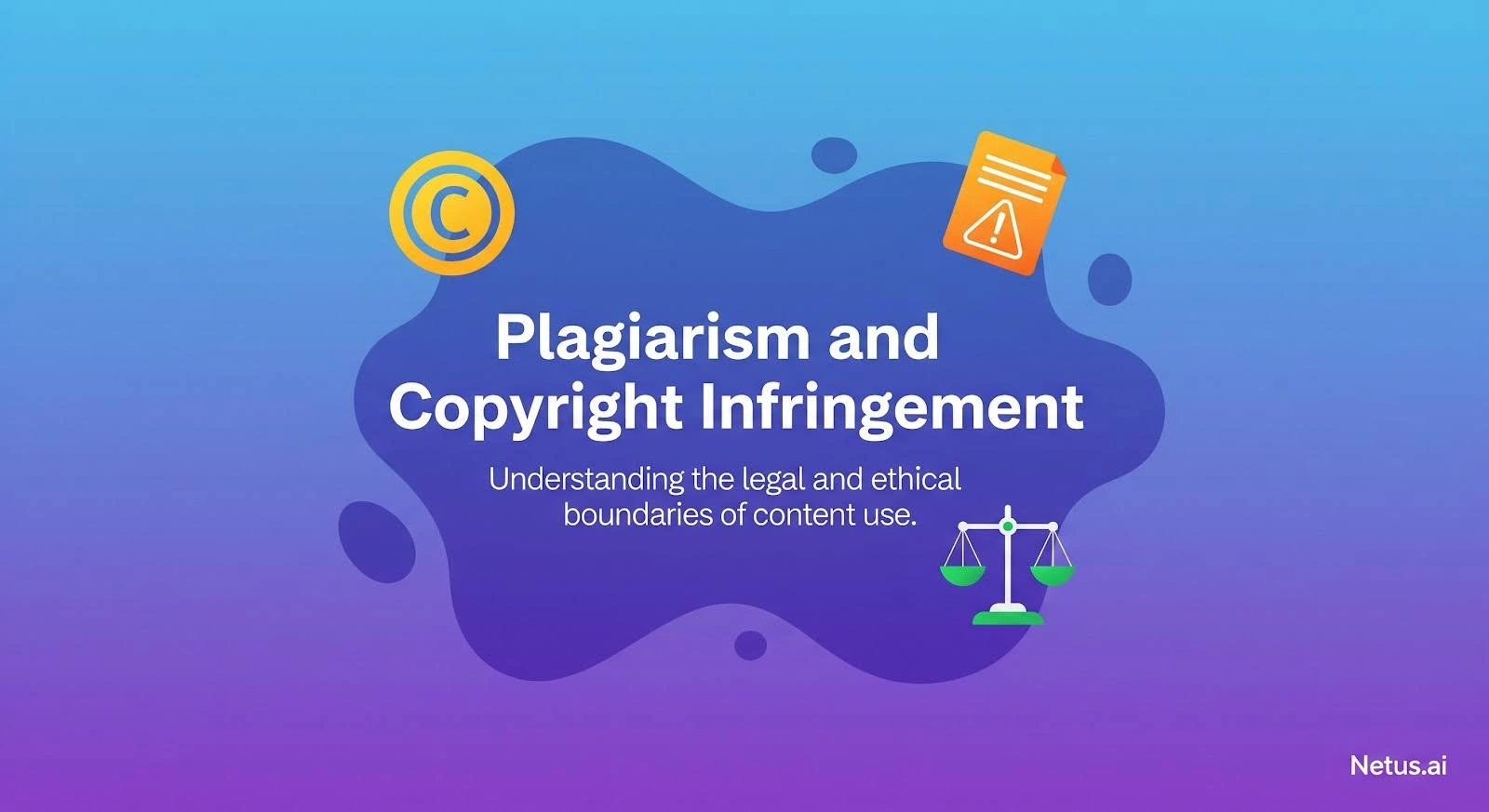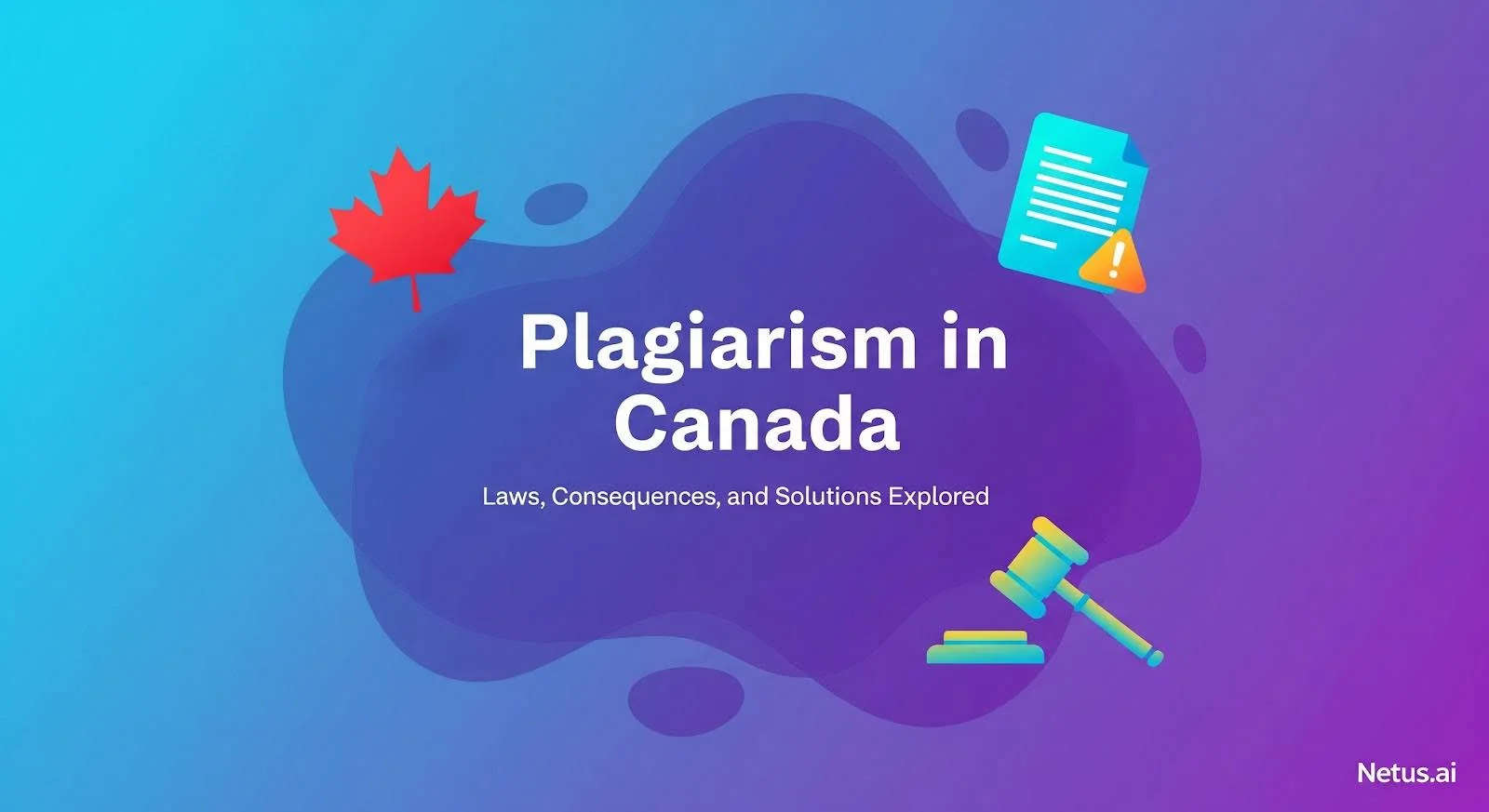Table of Contents
The Implication of Plagiarism
Difference Between Plagiarism and Copyright Infringement. Plagiarism is a crucial issue that affects both academic scholars and professional writers. It’s important to understand that plagiarism and copyright infringement, while similar, are not the same. To properly address plagiarism, we must first distinguish it from copyright infringement in an academic context.
In simple terms, plagiarism involves claiming credit for a work that was not originally conceived by the person. This concept is relevant in various fields, such as academic research papers, articles, art, music, and drama. When content is borrowed from a source without proper attribution, it falls under plagiarism. Interestingly, even reusing one’s previous works without giving proper credit can lead to self-plagiarism.
The internet is a vast repository of information, and at times, it’s tempting to copy material directly from online sources. Such an act is considered plagiarism when the source isn’t properly credited, even if the content is found in anonymous writings. Plagiarism carries significant legal consequences, particularly for academic scholars.
The presence of plagiarized content in a research paper can severely damage a scholar’s academic career. However, it’s essential to note that the implications of plagiarism issues become less severe outside academia, where the primary concern revolves around ethical usage.
In conclusion, understanding and addressing the issue of plagiarism is vital to maintain academic integrity and uphold ethical standards within institutions. Students, instructors, and authors must adhere to academic integrity policies to avoid any ethical violations and ensure fair credit to the original creator. By doing so, we contribute to fostering a culture of honesty and respect for authorship.
A Brief Delineation of Copyright Infringement
To safeguard intellectual property, copyright laws are in place to protect a creator’s work. Typically, the author is considered the copyright owner; however, they may transfer their rights to a publisher, making them the legal owner.
Copyright infringement occurs when someone uses a protected work without the copyright holder’s permission, which is considered a legal offense. The copyright owner has the authority to sue the infringer, who must then compensate for the violation. This compensation is determined by the legal counselor overseeing the case.
It’s essential to note that copyright protection laws may vary, so it’s crucial to review the specific laws governing the work in question. In some cases, the copyright owner may impose additional clauses to outline infringement rules.
The copyright owner provides guidelines concerning reproduction or use of the protected work, which can be obtained from the copyright office. The owner may grant certain permissions or exceptions, such as fair use, which allows limited utilization of copyrighted material without the need for permission. Nevertheless, unauthorized use of copyrighted material can lead to legal repercussions.
Other exclusive rights granted to copyright holders include the rights to reproduce, perform, display, and distribute their work. Infringers may violate these exclusive rights by creating unauthorized derivative works or distributing copies for profit. Understanding and respecting the copyright guidelines is a vital aspect of navigating intellectual property and avoiding legal conflicts.
Distinction between Plagiarism and Copyright Infringement
It is essential to understand the distinction between plagiarism and copyright infringement. Although both concepts relate to the misuse of someone’s work, they differ in their consequences and nature. Plagiarism involves the unethical borrowing of someone else’s work, ideas, or words without proper citation. This could result from the lack of writing abilities or a hasty, negligent approach to research. Plagiarism is not always a legal offense but can often lead to poor performance and damage the person’s reputation.
On the other hand, copyright infringement refers to the unauthorized use, distribution, or performance of copyrighted materials without permission from the copyright holder. Unlike plagiarism, copyright infringement is a legal issue, punishable by law. Infringing on copyrighted materials could lead to lawsuits initiated by the copyright owner.
A crucial point to note is that a person could plagiarize content without incurring legal consequences if the copied work is not protected by copyright law. However, using copyrighted works without the necessary permissions – regardless of proper citation – constitutes copyright infringement.
Different types of original works can be subject to plagiarism or copyright infringement, including art, music, written works, software, photographs, and movies. To avoid both plagiarism and copyright infringement, one should:
- Properly cite all borrowed information and ideas.
- Be aware of the copyright laws and secure necessary permissions when using copyrighted materials.
- Develop strong writing and paraphrasing skills to convey ideas and information effectively.
In summary, plagiarism and copyright infringement are distinct improper uses of someone else’s work. Plagiarism relates to an unethical lack of citation, while copyright infringement deals with the unauthorized use of copyrighted materials.
Why Is It Essential to Avoid Plagiarism and Copyright Infringement?
Avoiding plagiarism and copyright infringement is crucial to maintaining one’s reputation and avoiding severe penalties, such as criminal charges and lawsuits. Additionally, consequences for plagiarism can include a failing grade or legal consequences, ultimately limiting future academic opportunities.
Various laws protect documents from unauthorized reuse, reproduction, and derivative work. Copyright owners can claim statutory damages in cases where these laws are violated. Plagiarism, on the other hand, indicates a heavy reliance on external sources, resulting in poor-quality work. Although academic writers may not always face legal action for plagiarizing content, it is better to prevent both plagiarism and copyright infringement in order to avoid any detrimental outcomes and adhere to ethical standards.
Some potential consequences of plagiarism and copyright infringement could include:
- Harm to one’s reputation: A lawsuit can damage a person’s image and credibility.
- Legal consequences: Violating copyright laws can lead to civil and criminal penalties.
- Academic penalties: Plagiarism can result in a failing grade or other disciplinary actions.
- Professional consequences: Using unauthorized or plagiarized content in one’s work can limit career opportunities and even lead to dismissal.
- Negative impact on SEO tactics: Plagiarism can harm a website’s search engine ranking and overall online presence.
In conclusion, it is essential to avoid plagiarism and copyright infringement not only for ethical and legal reasons but also to preserve one’s reputation and academic/professional prospects.
How to Avoid Plagiarism and Copyright Infringement?
It is crucial to steer clear of plagiarism and copyright infringement when using external sources for academic or professional purposes. Implementing appropriate measures can help maintain the reputation of one’s work and avoid legal or ethical consequences.
A useful tip to avoid plagiarism is proper citation. By providing attribution and citing the original source, one can acknowledge the author’s contribution and secure their work against plagiarism allegations. Quotation marks should be used when quoting a source directly, while paraphrasing allows for expressing the original idea in your own words. Additionally, using a guide or assistance from experts can help in ensuring proper citation and referencing methods. Utilize citations, footnotes, or endnotes according to your preferred citation style.
When it comes to copyright infringement, it is essential to obtain permission from the copyright holder before using their work, unless the intended usage falls under specific copyright exemptions.
To ensure the originality and legality of your work, employ plagiarism checker and online copyright checker tools. These tools scan documents and flag potential plagiarism or copyright infringement issues, helping individuals avoid lawsuits or negative consequences.
In conclusion, being aware of the distinct differences between plagiarism and copyright infringement is essential. Although they may share some similarities, understanding the legal implications of copyright infringement and the ethical nature of plagiarism will enable you to create original, compliant content.
Frequently Asked Questions
What is the distinction between copyright infringement and plagiarism?
Copyright infringement refers to the unauthorized use, reproduction, or distribution of someone’s copyrighted work, while plagiarism is the act of presenting someone else’s work or ideas as your own, without proper attribution1. Copyright infringement deals with legal rights, whereas plagiarism is primarily an ethical and moral issue.
How does paraphrasing differ from plagiarism and copyright infringement?
Paraphrasing is the act of rephrasing someone else’s words or ideas while maintaining the original meaning2. It differs from plagiarism because proper paraphrasing involves giving credit to the original author and avoiding the exact copy of the source material. Copyright infringement, on the other hand, is a legal issue that deals with the rights of the original work’s creator; proper paraphrasing with appropriate citations doesn’t infringe on these rights.
How are copyright and plagiarism similar and different?
Both copyright infringement and plagiarism involve using someone else’s work without proper permission or attribution3. However, copyright infringement refers specifically to the violation of legal rights granted to the creator of the work, while plagiarism is an ethical issue where one person represents another person’s work or ideas as their own. The consequences for copyright infringement can be legal, whereas plagiarism often results in academic or professional repercussions.
How does fair use differ from plagiarism in the context of copyright?
Fair use is a legal concept that allows the limited use of copyrighted material without obtaining permission from the copyright holder4. This can include using portions of the work for criticism, comment, news reporting, teaching, scholarship, or research. Plagiarism, on the other hand, is an ethical issue that involves presenting another person’s work or ideas as your own. Fair use focuses on the legal aspect of using copyrighted works, while plagiarism deals with the improper appropriation of others’ work in an academic or professional context.
What are the legal consequences of plagiarism compared to copyright infringement?
While both plagiarism and copyright infringement are improper uses of someone else’s work, their legal consequences differ5. Copyright infringement can result in lawsuits, fines, or even criminal charges. Plagiarism, being primarily an ethical issue, doesn’t necessarily have legal implications. However, it can lead to academic or professional penalties, including expulsion from school, loss of credibility, or damage to one’s professional reputation.
How can someone recognize plagiarism versus copyright infringement?
Identifying plagiarism often involves looking for instances where someone has presented another person’s work or ideas as their own without giving proper attribution6. This can include copying passages of text without citation, presenting someone else’s research findings without credit, or creating derivative works without acknowledging the original creator. Copyright infringement, on the other hand, typically involves the unauthorized use, reproduction, or distribution of copyrighted material. This may include sharing copyrighted works online, reproducing portions of copyrighted content without permission, or selling unauthorized copies of copyrighted works. In some cases, plagiarism may also be considered copyright infringement if it involves the unauthorized reproduction of copyrighted material.
Footnotes
- https://copyrightalliance.org/differences-copyright-infringement-plagiarism/ ↩
- https://www.copyrighted.com/blog/copyright-and-plagiarism ↩
- https://www.quetext.com/blog/plagiarism-vs-copyright-infringement ↩
- https://tamu.libguides.com/copyright/copyright_plagiarism ↩
- https://library.osu.edu/sites/default/files/2018-09/plagiarism_vs_copyright_handout_2018.pdf ↩
- https://www.quetext.com/blog/plagiarism-vs-copyright-infringement ↩


